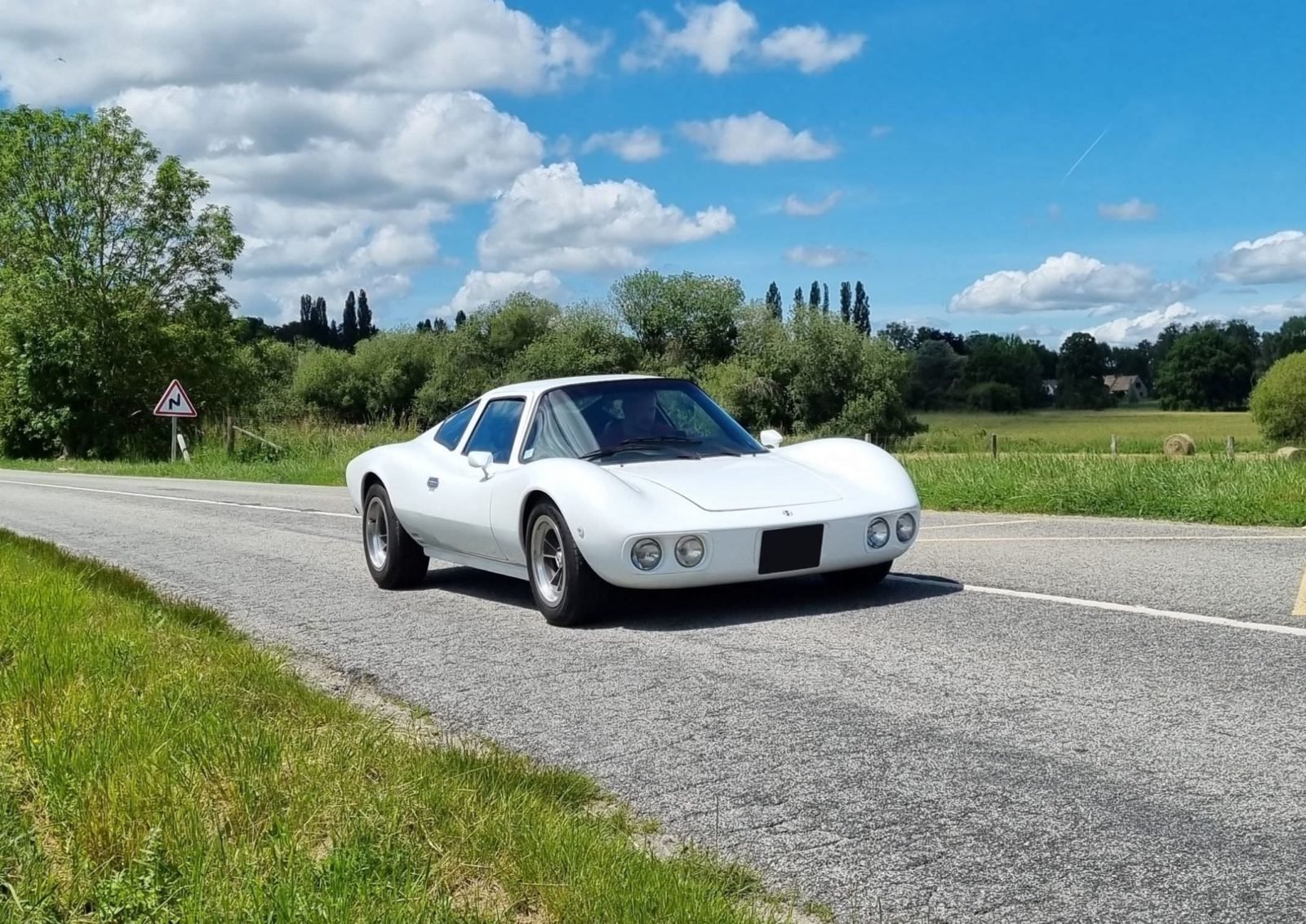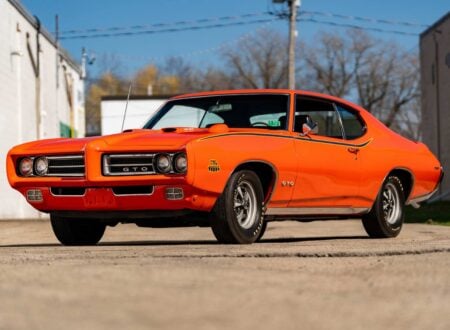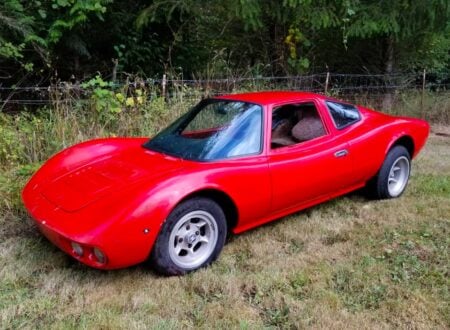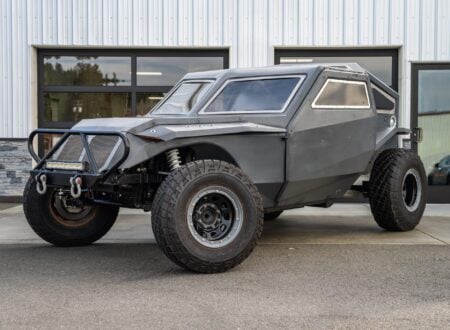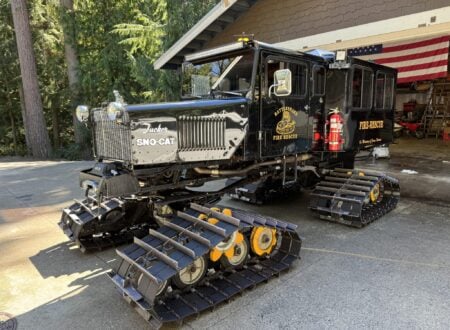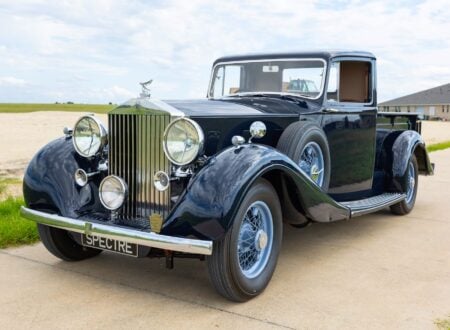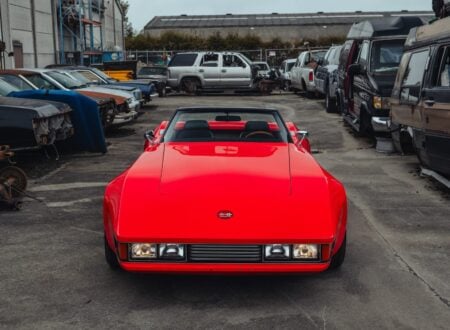The Bianco S is the best-known of the numerous low-volume production cars built Ottorino “Toni” Bianco in the 1970s.
For many years it wasn’t possible or economically feasible to import cars into Brazil due to laws designed to bolster the growth of a local automotive industry. This resulted in many small automakers popping up to build unusual sports cars for the local market.
Fast Facts – The Bianco S
- The Bianco S was first shown to the world at the Sao Paulo International Motor Show in 1976. It’s a low-slung sports car based on the VW Beetle chassis, with a fiberglass body, and some additional steel reinforcement at the sides and front for safety.
- The VW Beetle had become ubiquitous in Brazil thanks to the fact that Volkswagen had established a factory in the country in 1953 to build the Beetle for the local South American market.
- Due to strict Brazilian import restrictions the local sports car scene was essentially starved of cars, this led to the formation of a few small local manufacturers who often used VW Beetle running gear to keep costs down.
- The Bianco S was sold from 1976 until 1979 when the company shut down, at one point almost two dozen a week were being built, with 320 ultimately manufactured.
Ottorino “Toni” Bianco
Bianco had left his native Venice to move to Brazil in the years after WWII seeking opportunity in the fast-growing South American country. It would become his home for the rest of his life, and he would have a significant impact on the country’s formative racing and sports car scenes.
Above Video: This Brazilian short film shows Toni Bianco in his workshop, talking about his remarkable and lengthy history building sports and racing cars in Brazil. The film is in Portuguese however you can turn on closed captions (CC) and auto translate to follow along with what he’s saying.
The first Formula 3 car ever made in Brazil was said to have been designed and built by Toni Bianco, he had earlier designed a number of other open and closed-wheel racing cars in the country.
When he had first immigrated to Brazil as a young man he worked in banks and as a laborer building wooden houses, until he was fatefully employed by a mechanical workshop in the traditional Italian neighborhood of Bela Vista in São Paulo.
This involvement with repairing and rebuilding cars would transform Bianco’s life, and though he didn’t know it at the time he would still be building cars 60 years later.
In the 1970s he founded his own namesake sports car marque, Bianco, to produce a small number of cars on the Beetle platform. The three primary models were the Bianco S, the Bianco 2 Series, and the Bianco Tarpan – of these the Bianco S was produced in the highest numbers.
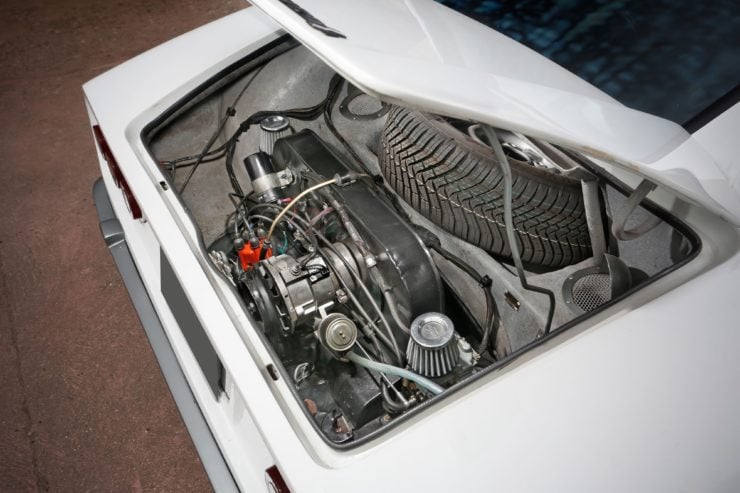

Bianco closed down in 1979 but the company’s founder never tired of building unusual cars, as late as 2018 he was still at it, building his own mid-engined sports car in his garage at the age of 86.
The Bianco S
The Bianco S is a two-door, rear-engined sports car based on the 1600cc Beetle chassis. It keeps the suspension, brakes, engine, steering, and transmission from the VW, coupling it with a new fiberglass body with some additional steel reinforcement at the sides and front for safety.
If those unusual quad headlights look familiar to you it may be because they were sourced from the Volkswagen Variant, and they’re the same headlights used by the Volkswagen SP2 – another locally-built Brazilian sports car.
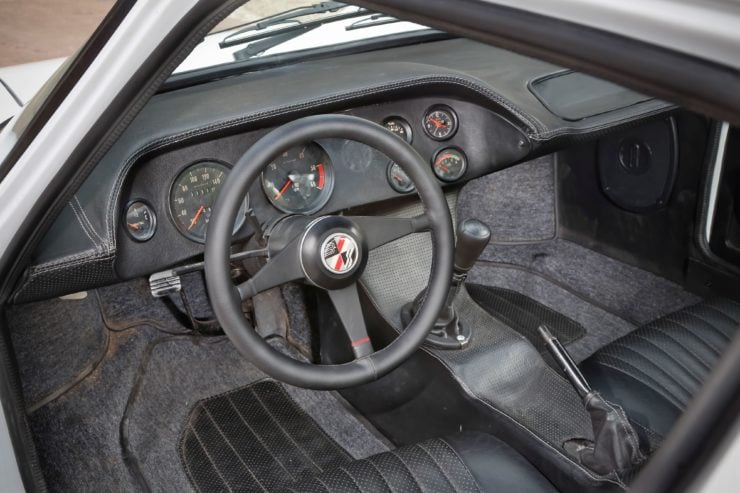

The fit and finish of the Bianco S is good, certainly by the standards of a VW-based sports car in the 1970s. It has twin bucket seats, a carpeted interior with vinyl upholstery, a laminated windscreen, a wood-rimmed steering wheel, and a custom dashboard and upholstery.
With its 65 bhp Beetle engine fitted with twin carburetors and it’s 4-speed manual transmission, the Bianco S is said to be capable of 0 – 62 mph in 17.7 seconds and a top speed of 91 mph (146 km/h).
These aren’t particularly impressive performance figures, however local Brazilian tuning garages have significantly improved the performance of these cars over the years.
At the peak of production it’s said that 20+ were being built each week, a significant number for such a small manufacturer. By the end of production 320 had been made, it’s not known exactly how many have survived but they’re now a popular and collectible car in Brazil, elsewhere in the world they remain largely unknown.
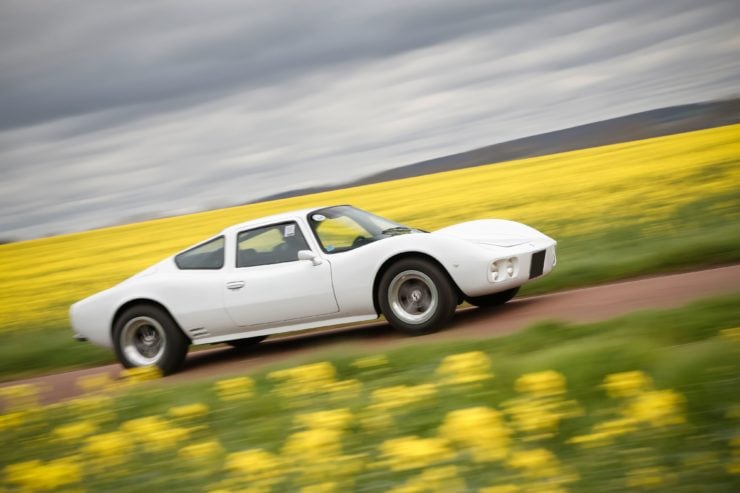

The 1978 Bianco S Shown Here
The car you see here is a Bianco S from 1978, the penultimate year of manufacturing. It originally belonged to a collector in São Paulo who fortuitously met Toni Bianco at a rally, Bianco was kind enough to sign the car and it retains this signature today.
The car is finished in white and it has a black vinyl interior, this car is fitted with the 1600cc flat-four as you would expect, with the matching four-speed transmission.
It’s now believed to be just one of three examples in France, and it’s due to roll across the auction block with Artcurial at the Le Mans Classic sale on the 2nd of July. The price guide is $36,900 – $47,500 USD and you can visit the listing here.
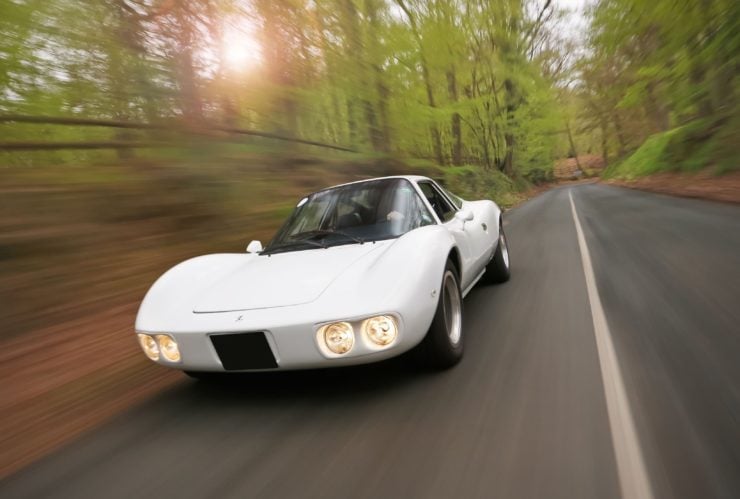

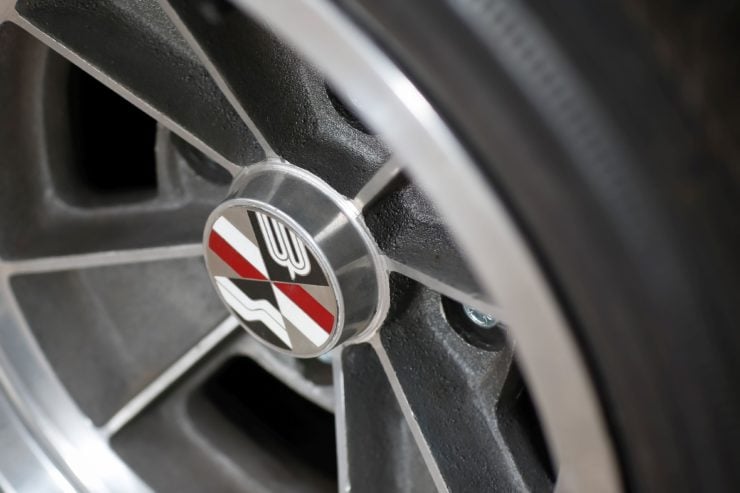
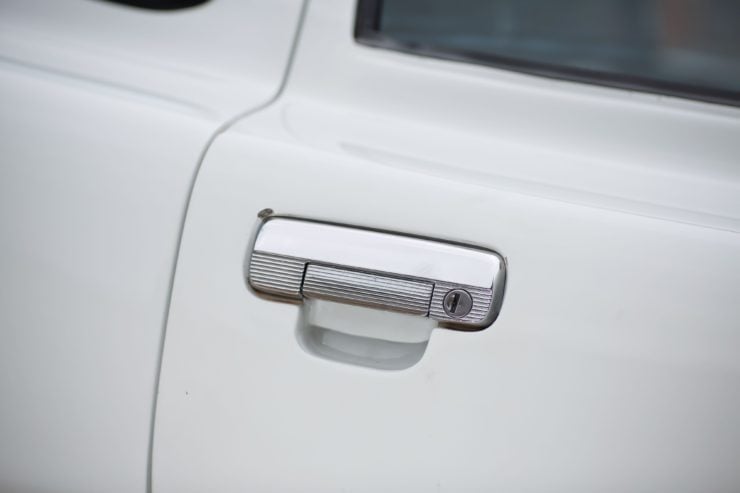
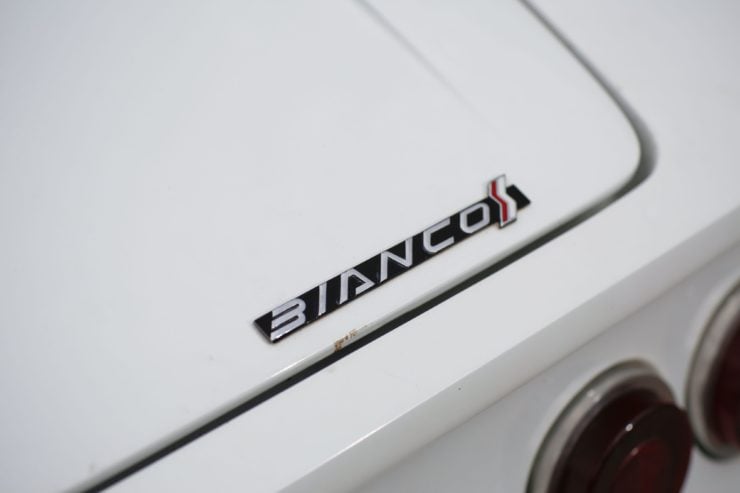
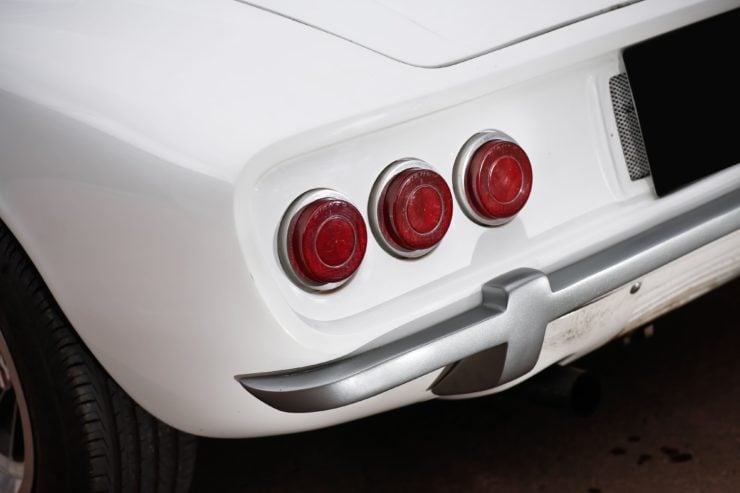
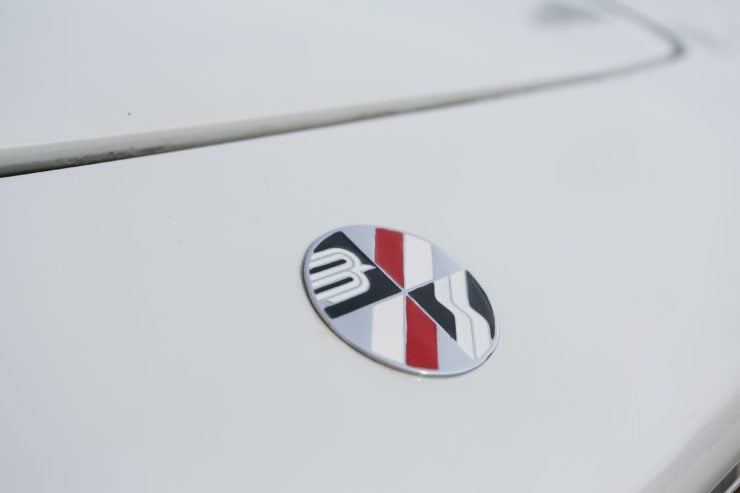
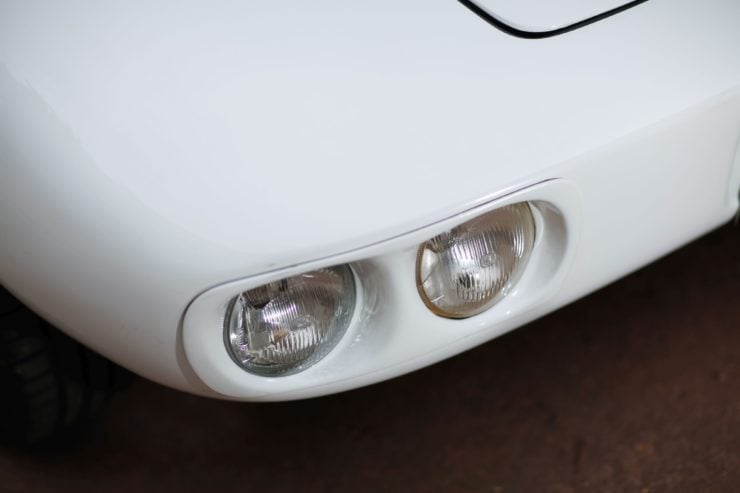
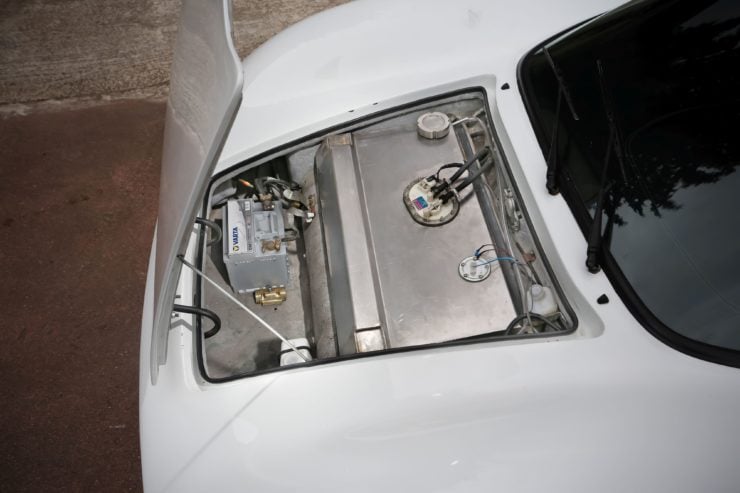
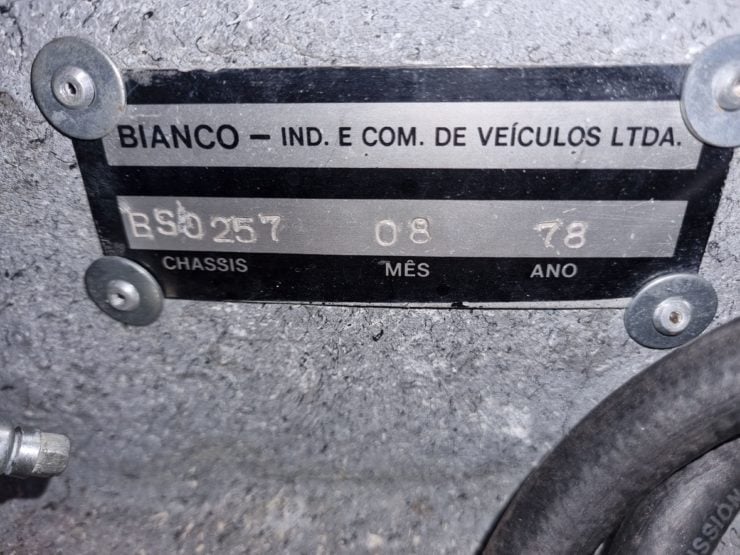
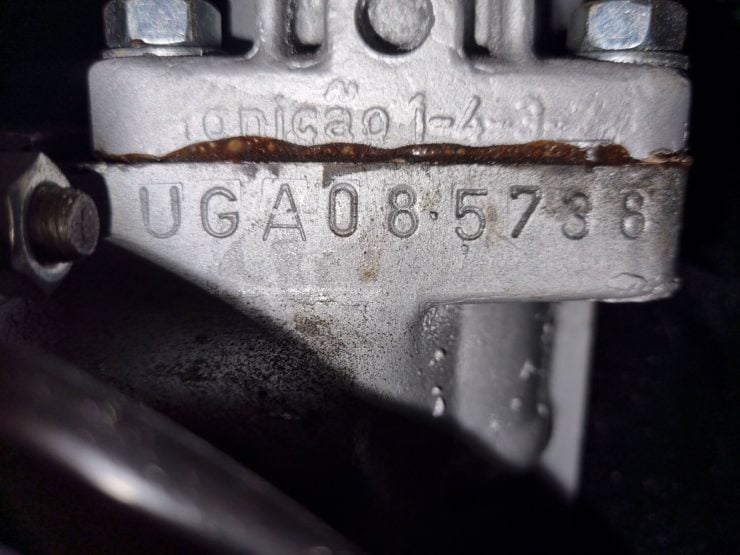
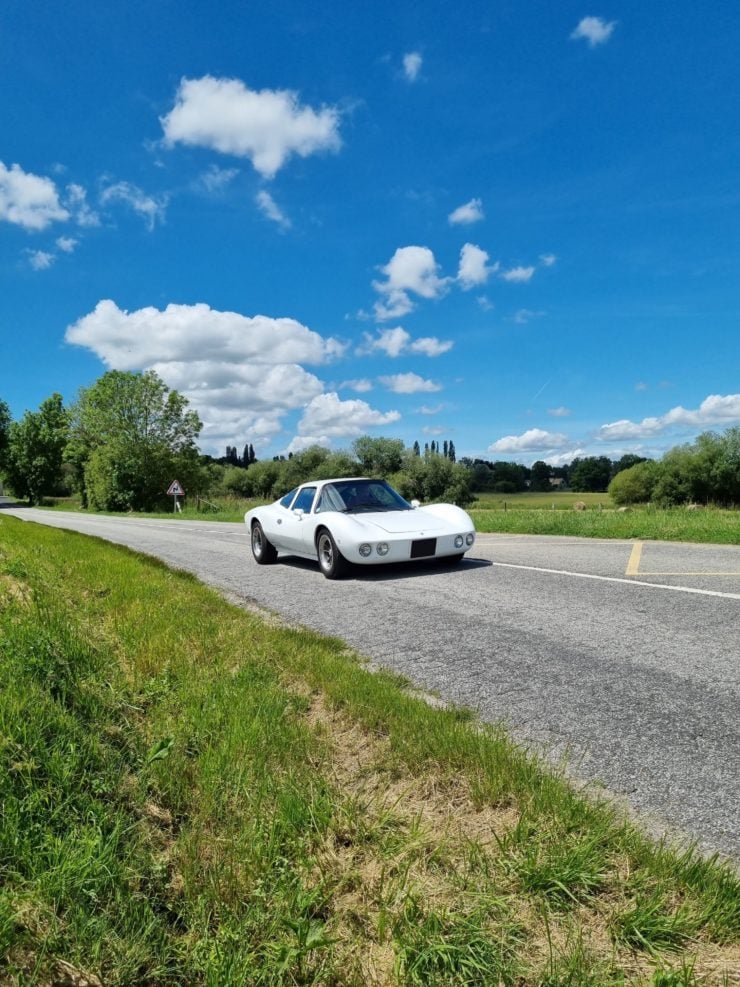
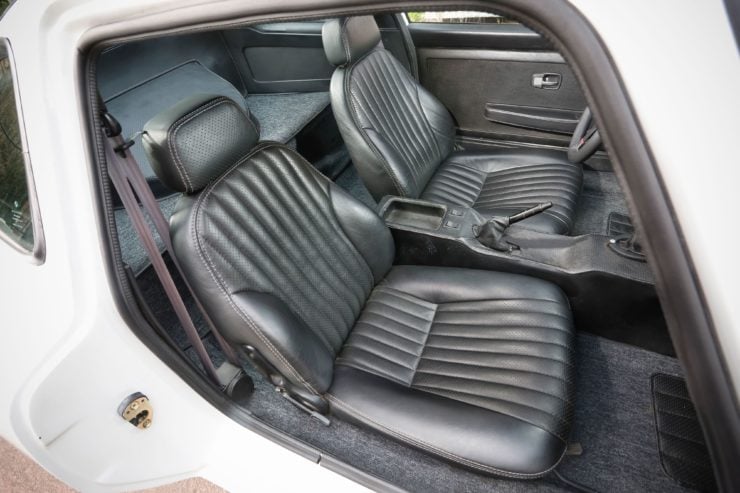
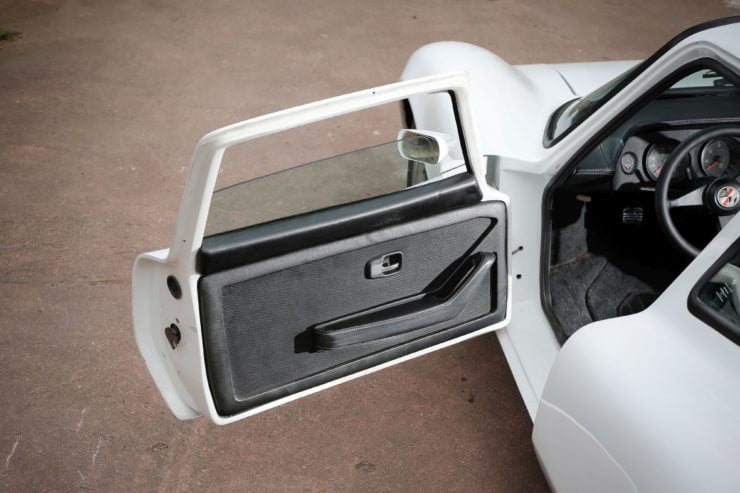
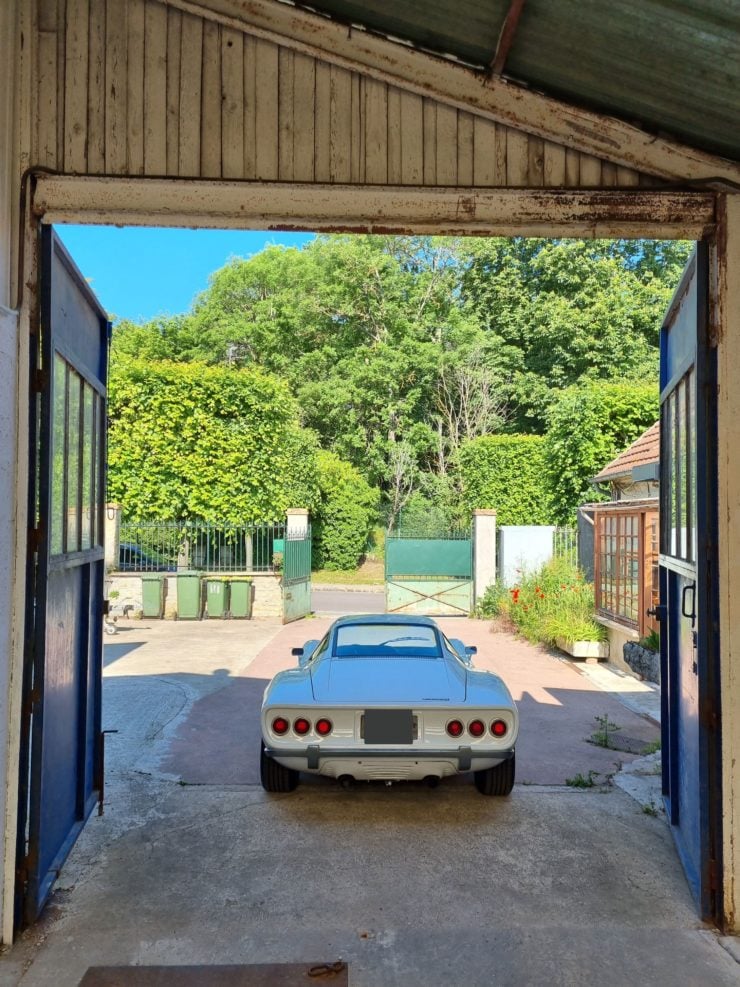
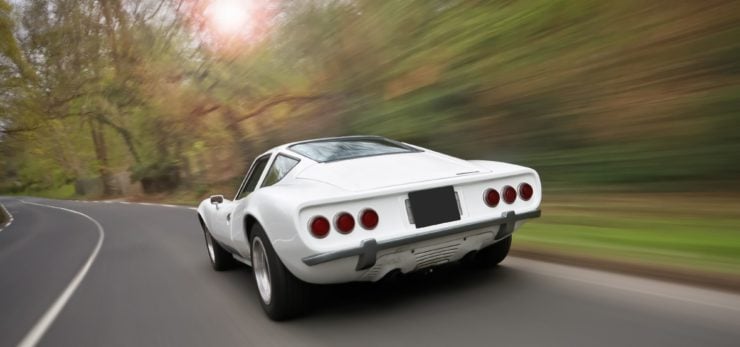
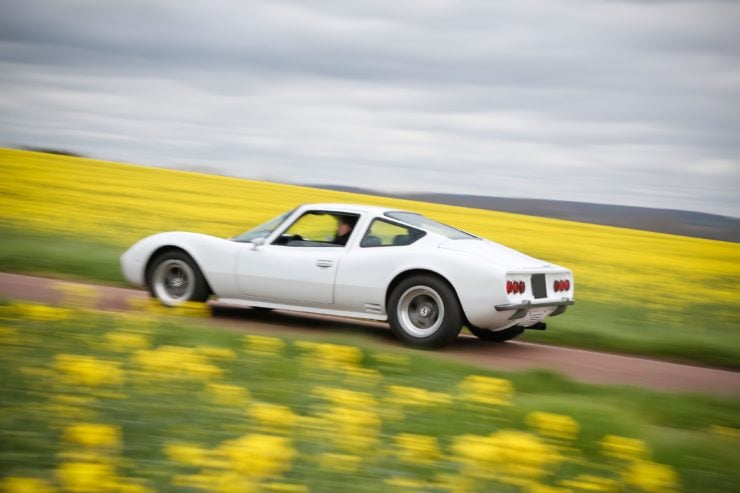
Images courtesy of Artcurial — ©Daniel Denis

